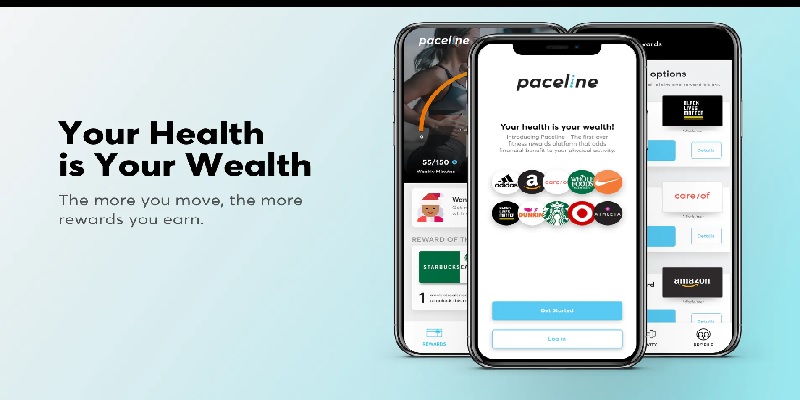Human psychology is a maze of emotions and instincts driven by the rationale behind the thinking capability of each individual. The fusion of technology with human psychology is an ongoing trend to tap into the principles of psychology and behavioral science, create solutions that have an everlasting impact on our day-to-day activities, and track fitness levels regularly.

Various industries, such as finance, mental health & wellness, astrology, fitness, and many others, are experimenting with this subject to create effective solutions. In this blog post, we will delve into the intricacies of the incentive theory of motivation and how fitness and health-promoting apps are harnessing the core element of this theory to persuade users to engage in workout at home and health-boosting activities. To proceed with this discussion, we must have clarity on the incentive theory of motivation. So, let us break that down first.
According to psychologists, there is a strong motive behind whatever we do, and internal or external desires drive all our actions. Our desires control our actions to a large extent. Therefore, the incentive theory of motivation pushes us to behave a certain way or achieve a particular goal to receive external reinforcement or incentives in the form of rewards. Fitness apps or any step tracker app use this formula to encourage more individuals to participate in workout challenges and get fitness rewards for completing certain milestones.
Motivation has two different forms: intrinsic and extrinsic motivation. While the former is all about feeling good about doing something that enables a sense of accomplishment, such as sweating it out at a gym, meditating for a while, doing some charity work, etc., these forms of self-contentment drive the inner joy of an individual and do not come in the form of a tangible reward. However, extrinsic rewards focus mainly on physical forms of remuneration or any other incentive that acts like an accelerator, such as encouraging individuals to complete a certain number of steps for rewards.
Research also proves that if people are extrinsically rewarded for something that they already find intrinsically motivating, this may suppress the inner drive. The intrinsic motivation will eventually decrease due to the phenomenon known as the over justification effect. Therefore, health-promoting apps should carefully leverage this aspect of human psychology as over-dependence on extrinsic motivators can kill the intrinsic drive in the long run, and here, the purpose of such apps would collapse in the first place of encouraging individuals to participate in workout challenges and fitness competitions.
What are the challenges these app makers and promoters must overcome to provide long-term benefits to their users?
- Sustainability: Consistency is the key! Following this mantra, these apps must ensure that even after a while, when the novelty of rewards wears off, individuals are programmed in a way that they realize the actual potential of maintaining a healthy lifestyle. They might begin with extrinsic motivation but should be able to develop intrinsic motivation gradually.
- Promoting equitable rewards: A hardcore fitness enthusiast will be much more effective in reaching milestones compared to a newbie who just began exercising. So, reward distribution or wellness tracker should keep these aspects at the forefront.
The creation of such amazing digital environments where psychological levers of human behavior are leveraged to boost motivation will prove to be a game changer in the long run. Extrinsic motivators or incentive theory of motivation works wonders for promoting consciousness and a healthier lifestyle among the current generation of youths.